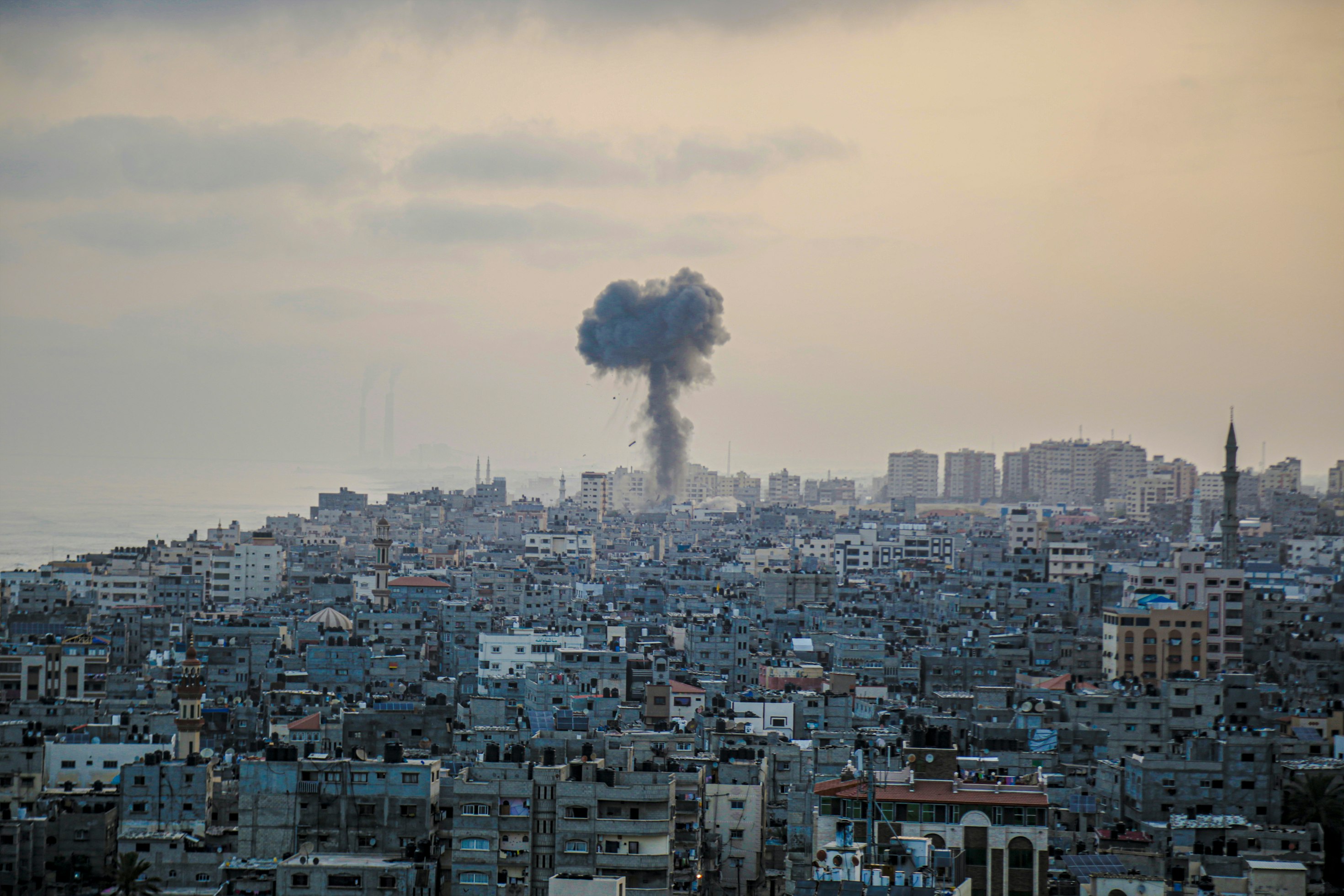So You Want to Talk About What’s Been Happening in Türkiye
Türkiye’s political history in the 20th century has been marked by a series of significant changes and transformations, including the transition from an absolute monarchy to a democratic republic, the rise and fall of military rule, and the emergence of a polarised political landscape that struggled to reconcile the country’s secular and Islamic traditions.
In 1923, Türkiye emerged as a new republic under the leadership of Mustafa Kemal Atatürk, who sought to modernise and Westernise the country by dismantling the Ottoman Empire’s traditional structures and values. Atatürk established a secular constitution, abolished the Islamic caliphate, and initiated a series of reforms that promoted education, science, and industry.
During Atatürk’s rule, Türkiye remained a one-party state under the control of the Republican People’s Party (CHP). However, in the 1950s, the country experienced a significant political shift with the emergence of multi-party democracy. The CHP was defeated in the 1950 general election by the Democrat Party (DP), led by Adnan Menderes. Menderes’s government implemented policies that emphasised economic growth and development, but his administration was criticised for corruption and authoritarianism.
In 1960, the military intervened and overthrew Menderes’s government, leading to a period of military rule that lasted until 1965. The military also established a new constitution that included provisions for civil liberties and democratic elections but maintained significant control over the political process.
The 1970s were marked by political violence and instability, with left-wing and right-wing extremist groups engaging in violent clashes that culminated in a military coup in 1980. The military regime, led by General Kenan Evren, abolished political parties, censored the press, arrested thousands of political activists and implemented a series of economic reforms that liberalised the economy and opened the country to foreign investment.
In 1983, the military regime allowed for the re-establishment of political parties and held new elections, which resulted in the election of the conservative Motherland Party (ANAP) under the leadership of Turgut Özal. Özal’s government implemented market- oriented economic policies that fueled growth and modernization, but also contributed to rising social inequality and political corruption.
In the 1990s, Türkiye’s political landscape became increasingly polarised between secularists and Islamists, with the rise of the Welfare Party (RP) under the leadership of Necmettin Erbakan. The RP’s Islamist agenda was seen as a threat to Türkiye’s secular traditions and led to the formation of a coalition government in 1999 that excluded the party. However, the RP’s successor, the Justice and Development Party (AKP), emerged as a dominant force in Turkish politics in the 2000s and has been in power ever since. The AKP, a conservative Islamic party, implemented a series of political and economic reforms, including increased political and cultural rights for minority groups, increased social welfare and improved relations with the European Union.
However, in recent years, Türkiye has experienced a return to authoritarianism under President Recep Tayyip Erdoğan, who has cracked down on political dissent, jailed journalists and opposition politicians, and consolidated power in the presidency. Erdoğan has also pursued a more assertive foreign policy, including military interventions in Syria and Libya, and strained relations with its neighbour Greece.
Furthermore, Russia’s full-scale invasion of Ukraine in February contributed to a humanitarian, energy, and food security crisis for Türkiye and for countries around the world dependent on gas and grain. The conflict has increased Türkiye’s international prominence. In July, Türkiye assisted the UN in brokering a deal with Russia and Ukraine to provide a passage for grain shipments through Russian- blockaded Ukrainian ports.
The EU provides financial support to Turkey for hosting refugees in return for restrictions on entry of refugees and migrants to the EU. Though still formally a candidate for EU accession, the process is at a standstill. The EU included Türkiye in its statement on situations that require the UN Human Rights Council’s attention, stressing the “continued deterioration of respect for the rule of law and human rights.”
In May, as a NATO member, the nation threatened to veto Sweden and Finland’s expedited NATO membership bid that followed Russia’s invasion of Ukraine. Türkiye demanded that the two countries take bolder steps to prosecute terrorism, lift arms embargoes on Türkiye, and extradite individuals charged under the country’s Anti-Terror Law. At time of writing, Turkish govenrment has now lifted its veto, and has ratified Finland’s membership accession.
In terms of internal Turkish politics and elections, there were no national elections scheduled for 2021. However, there were several local elections held in various provinces and municipalities across the country, including Istanbul and Ankara. The outcome of these elections was seen as a rebuke to Erdogan and his ruling party, once they lost control of several major cities to opposition candidates.
The implications of these local election losses for Erdogan’s rule remain to be seen. Some analysts have suggested that they may embolden opposition groups and lead to increased pressure on the government to make reforms. Others have argued that Erdogan will double down on his efforts to consolidate power and crack down on dissent in response to the losses.
As for the earthquake that hit the nation in October 2020, it caused significant damage and loss of life, particularly in the city of Izmir. It is worth noting that Erdogan’s government faced criticism in the aftermath of the earthquake for allegedly failing to take adequate precautions to prevent building collapses and other damage. Adding on the effects of the 2023 earthquake that happened earlier this year, the deepening economic crisis that’s seen the official annual inflation rate rise to 85% in October of 2022, and the continuous human rights violations, it is tough to say how the 2023 elections on May 14th will turn out for Erdogan.


